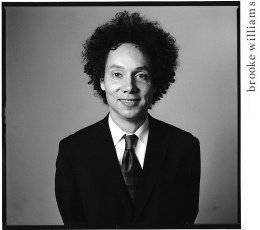My book club recently read Beautiful Boy, a true story by David Sheff about his son’s meth addiction. I tend to gravitate towards these hard core drug memoirs, because there’s an intensity and frenetic energy to the voices that make for a compelling read. If it’s well written, I want to read it…. and in this case, Sheff doesn’t disappoint.
 It is heartwrenching and scary, drawing the reader into the same cycle of denial/forgiveness/hope that he goes through as a father. And moreso than other memoirs of this ilk, it brings up heaps of questions for debate and consideration: Is addiction a disease or a choice? Why does our society treat addicts as outcasts, and is that hampering the chance for recovery? Are current rehab options productive and viable? What can a parent do to help a child stay off the path of addiction?
It is heartwrenching and scary, drawing the reader into the same cycle of denial/forgiveness/hope that he goes through as a father. And moreso than other memoirs of this ilk, it brings up heaps of questions for debate and consideration: Is addiction a disease or a choice? Why does our society treat addicts as outcasts, and is that hampering the chance for recovery? Are current rehab options productive and viable? What can a parent do to help a child stay off the path of addiction?
When reading Beautiful Boy, there were times when I felt Sheff was holding back, or maybe only telling half-truths. It was only when I read Tweak, by his son Nic, that I grasped the power of perspective. 
Whether it’s in marriage, friendships, work situations or family interactions, there are always at least two sides to every story. If two people witness the same car crash, for example, their perspectives are bound to be wildly different. The one-two punch of Beautiful Boy and Tweak couldn’t illustrate this more clearly.
Did Nic have a fulfilling childhood of surfing, swimming, writing? Or was he pressured to grow up too early, always around adults? How did his parents’ divorce and remarriages impact him emotionally? This isn’t an exercise in blame; rather, it points to the fact that parents reading Beautiful Boy should not only rely on the father’s perspective, but should read Tweak as well, to get Nic’s viewpoint. Granted, the truth lies somewhere in between, but at least we are presented with the chance to seek more than a single narrative.
For more on David and Nic Sheff, check out these links:

 Check out
Check out 


